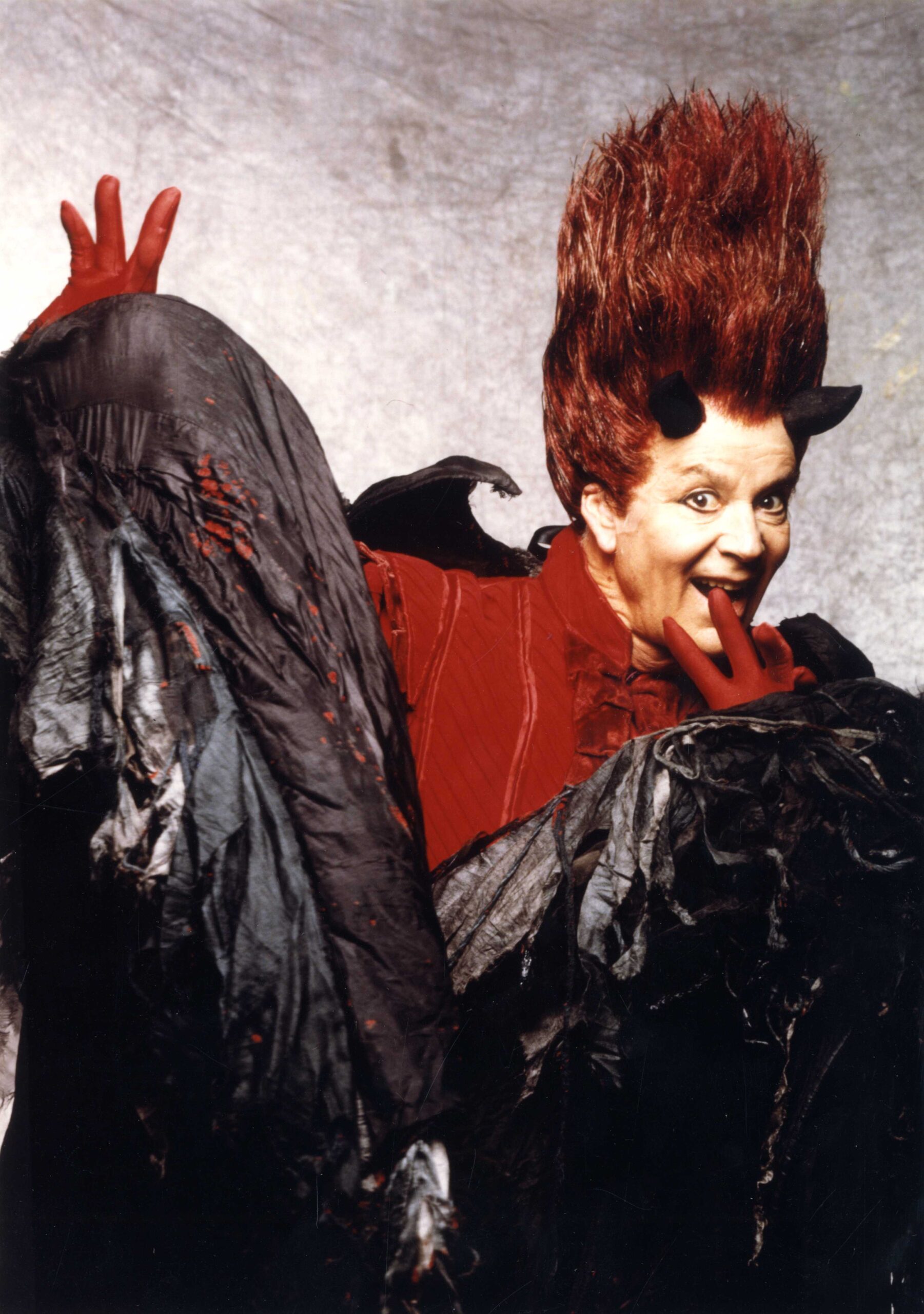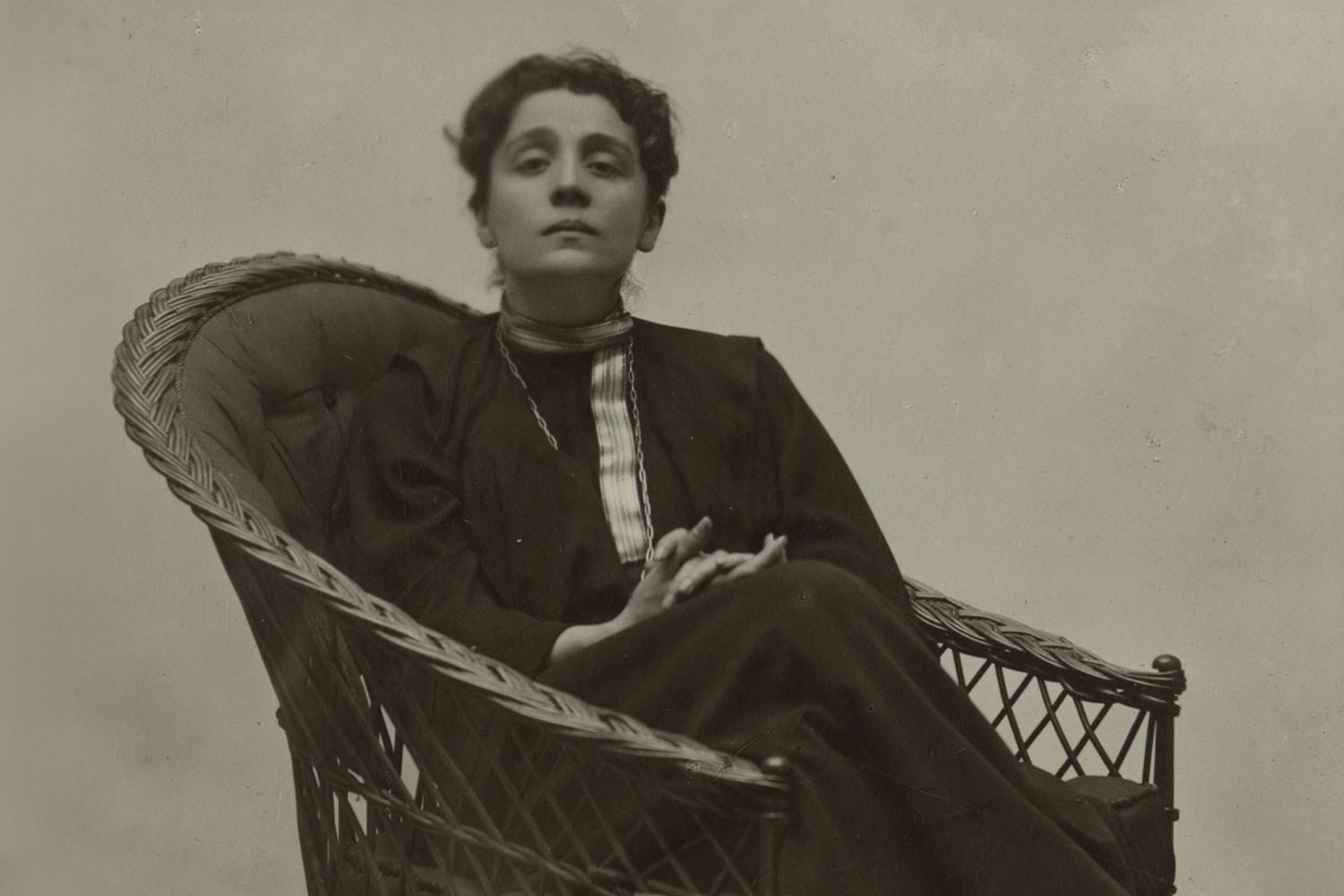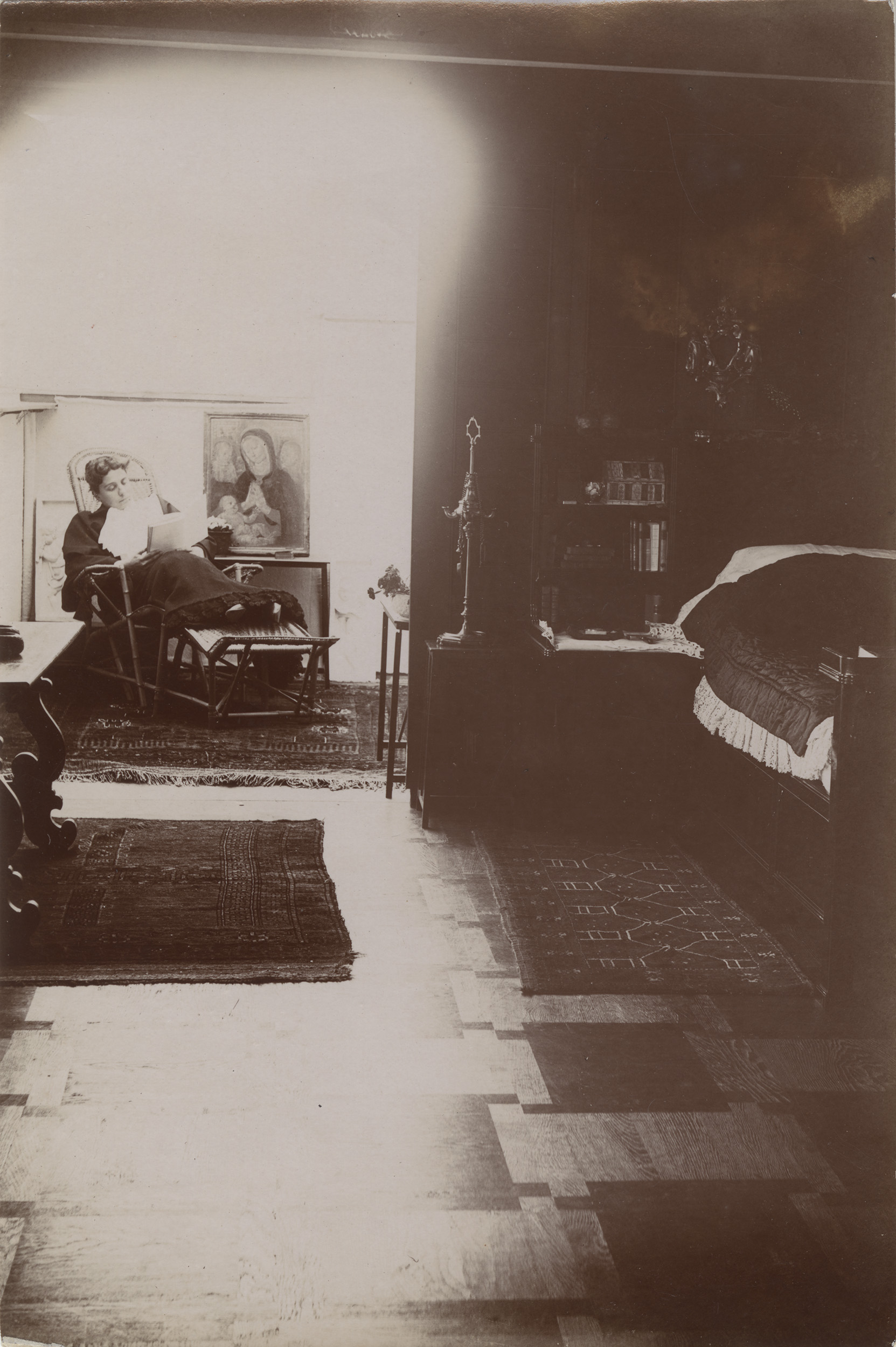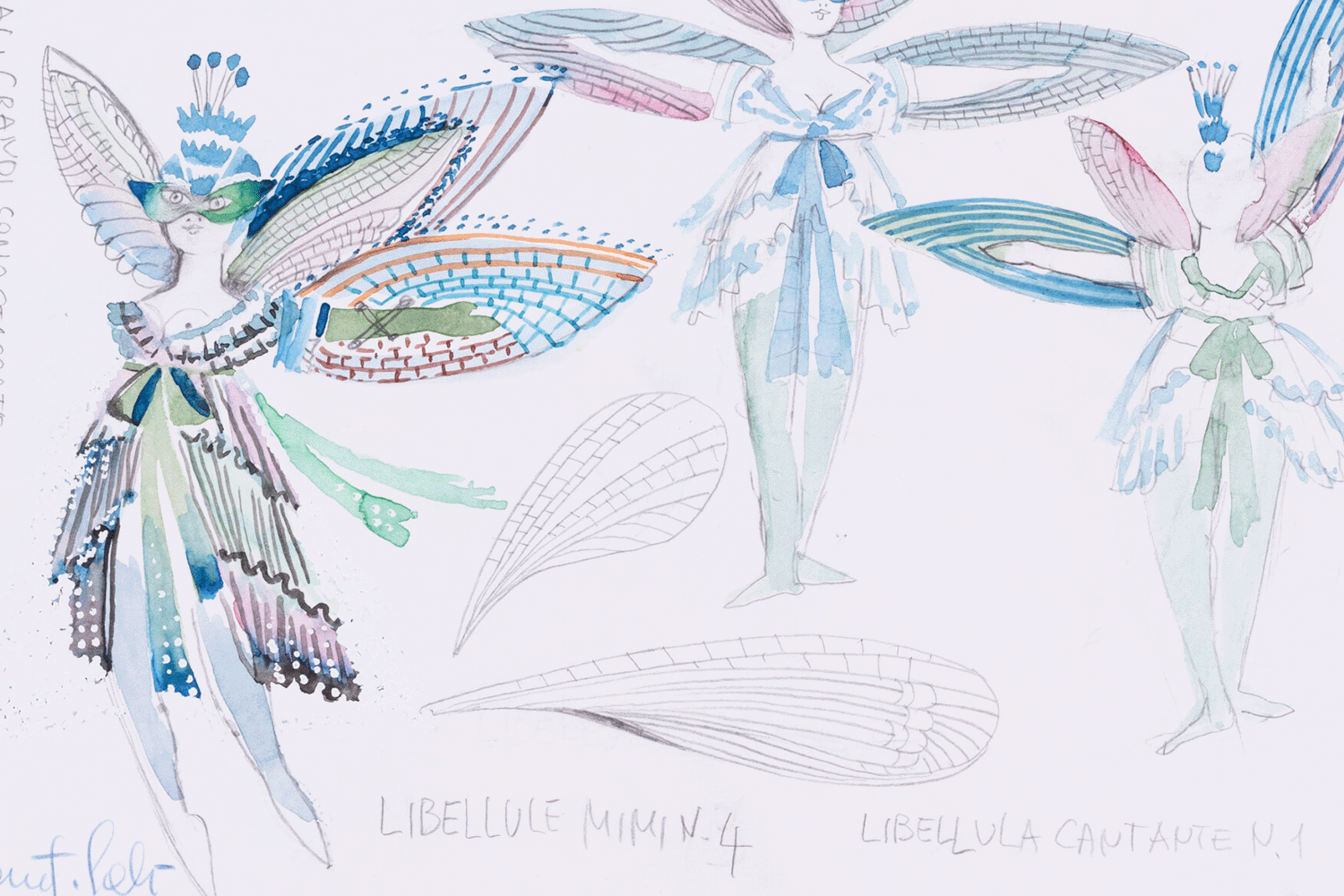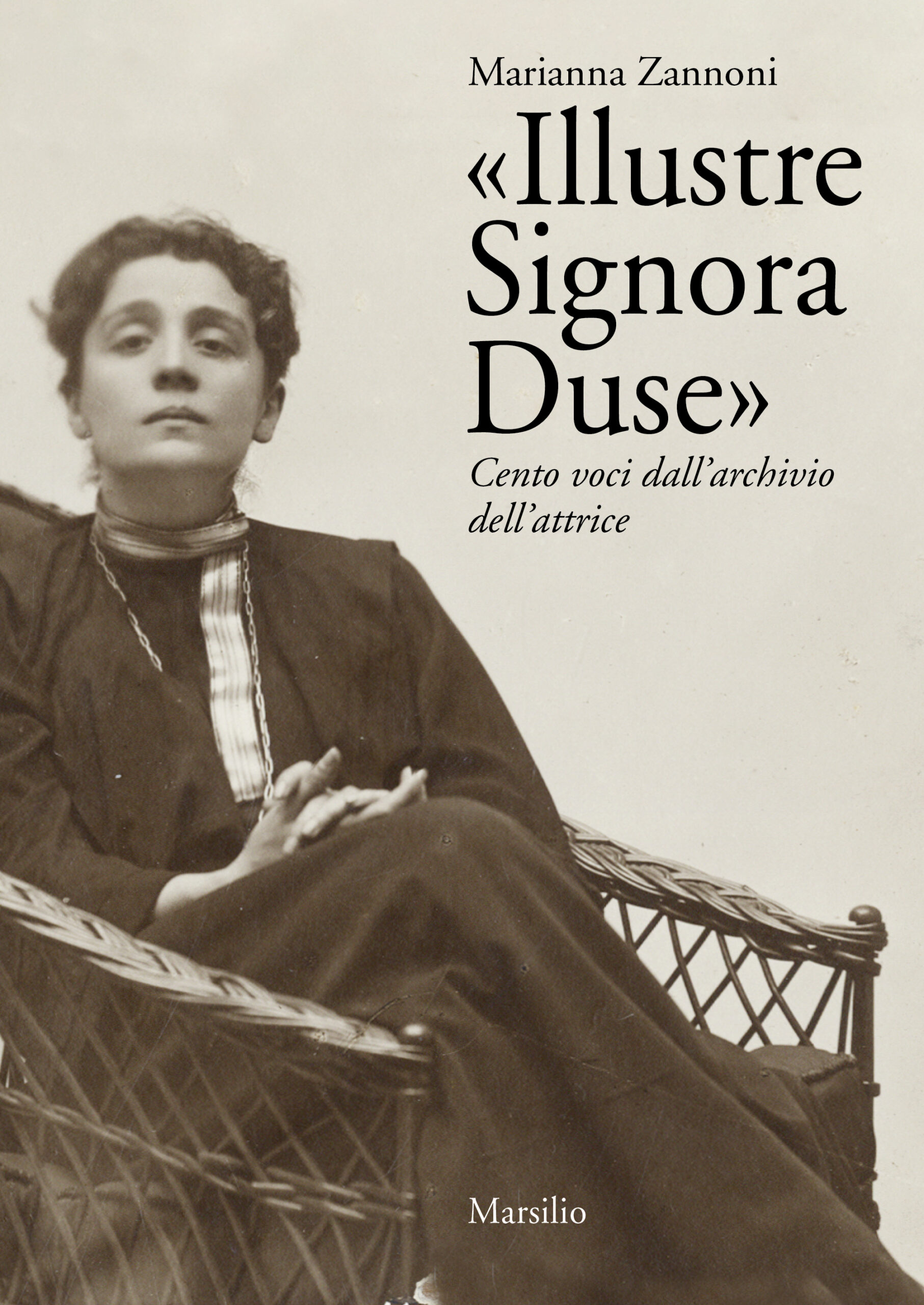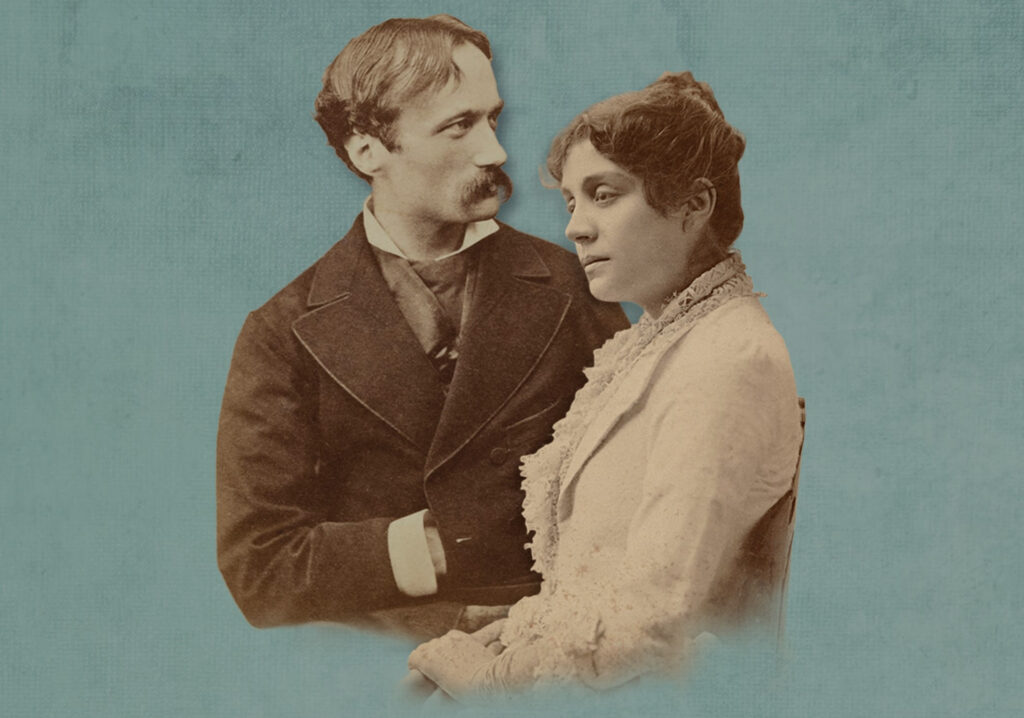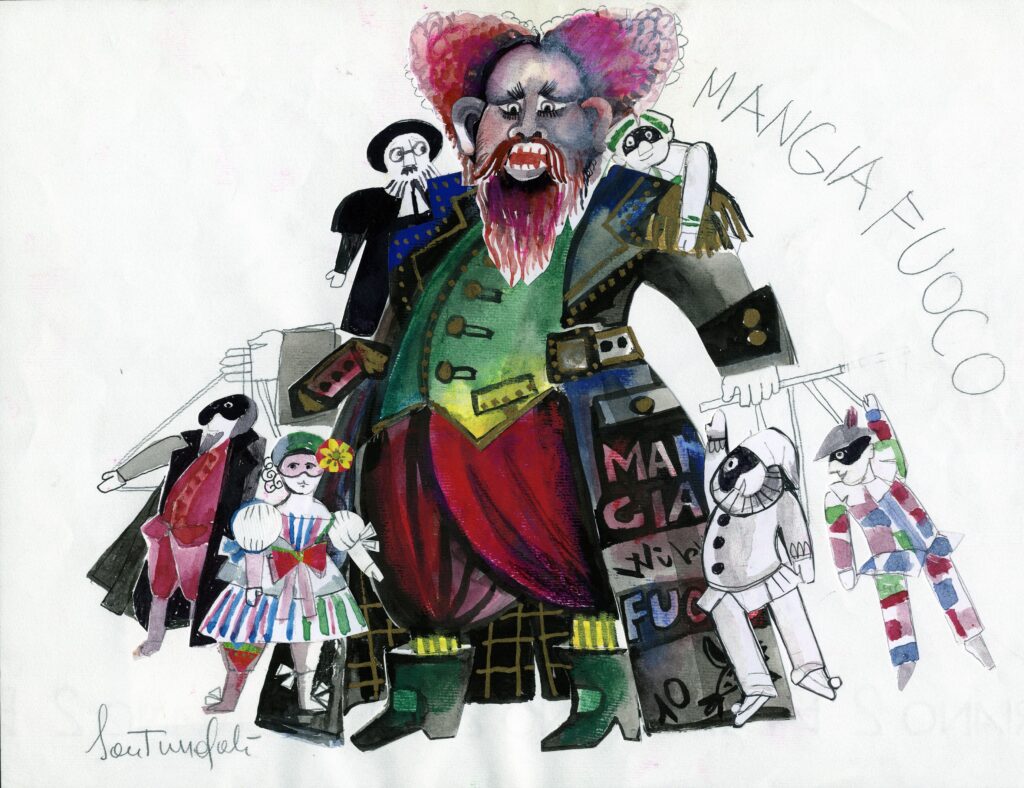On the occasion of the 300th anniversary of the birth of Giacomo Casanova, an emblematic figure of 18th-century Europe, the Fondazione Giorgio Cini is dedicating a major exhibition and cultural project to the celebrated Venetian. The first chapter of the double exhibition opens at Palazzo Cini in San Vio, from September 27, 2025 to March 2, 2026.
Curated by the Institute of Art History, with the participation of the Institute for Theater and Opera, the exhibition traces the multifaceted figure of Casanova – scholar, memoirist, philosopher, alchemist, traveler, and diplomat – throughout the restless century of the 18th century that ended with the fall of the Serenissima.
Through nearly one hundred works including paintings, engravings, books, objets d’art and documents from the Foundation’s collections and prestigious Italian and European institutions, the exhibition recounts the refined, cultured and contradictory world of the Venetian eighteenth century – Casanova’s century.
The exhibition is part of a wider cultural program involving all the Fondazione Giorgio Cini institutions, with conferences, concerts and seminars dedicated to the link between Casanova, Venice and Europe. These are also the two main themes of the double exhibition, articulated in two venues:
Casanova and Venice at Palazzo Cini in San Vio (September 27, 2025 – March 2, 2026) with a focus on Venice, the birthplace and the first stage of Casanova’s life.
Casanova and Europe. An Opera in Multiple Acts on the Island of San Giorgio Maggiore (Oct. 17, 2025 – March 2, 2026): a look at Europe and the network of travels, relationships and adventures that made Casanova an ante litteram European figure. The exhibition Casanova and Europe. Opera in Multiple Acts is produced in collaboration for the staging with the Fondazione Teatro La Fenice.
It is open every day (except Tuesdays) from 11:00 a.m. to 7:00 p.m. (last admission at 6:15 p.m.).
Telephone: 041 241 1281

